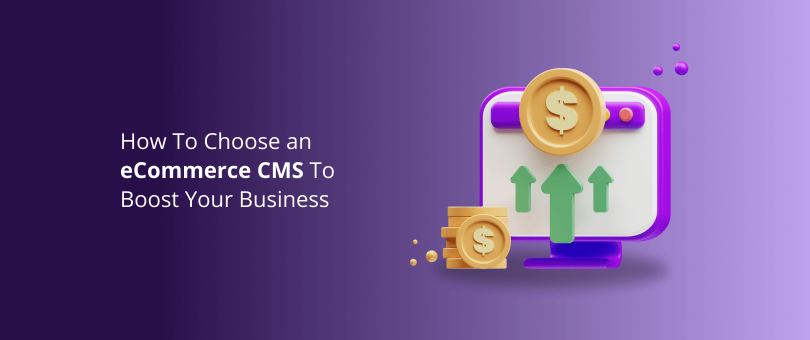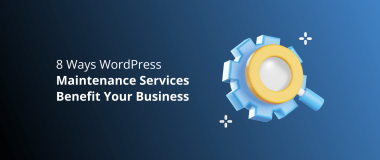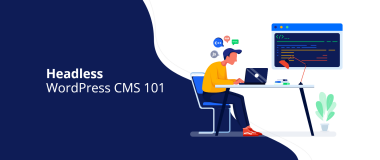Choosing the right-fit CMS is a must for your eCommerce business, right?
The choice of a CMS can impact your business. This impact can be positive or negative. It totally depends on what you choose, and how you manage your eCommerce CMS.
Choosing the best CMS platform for eCommerce is a complex decision, and an IT division or a professional consultant needs to take part in its implementation.
How to Choose an eCommerce CMS?
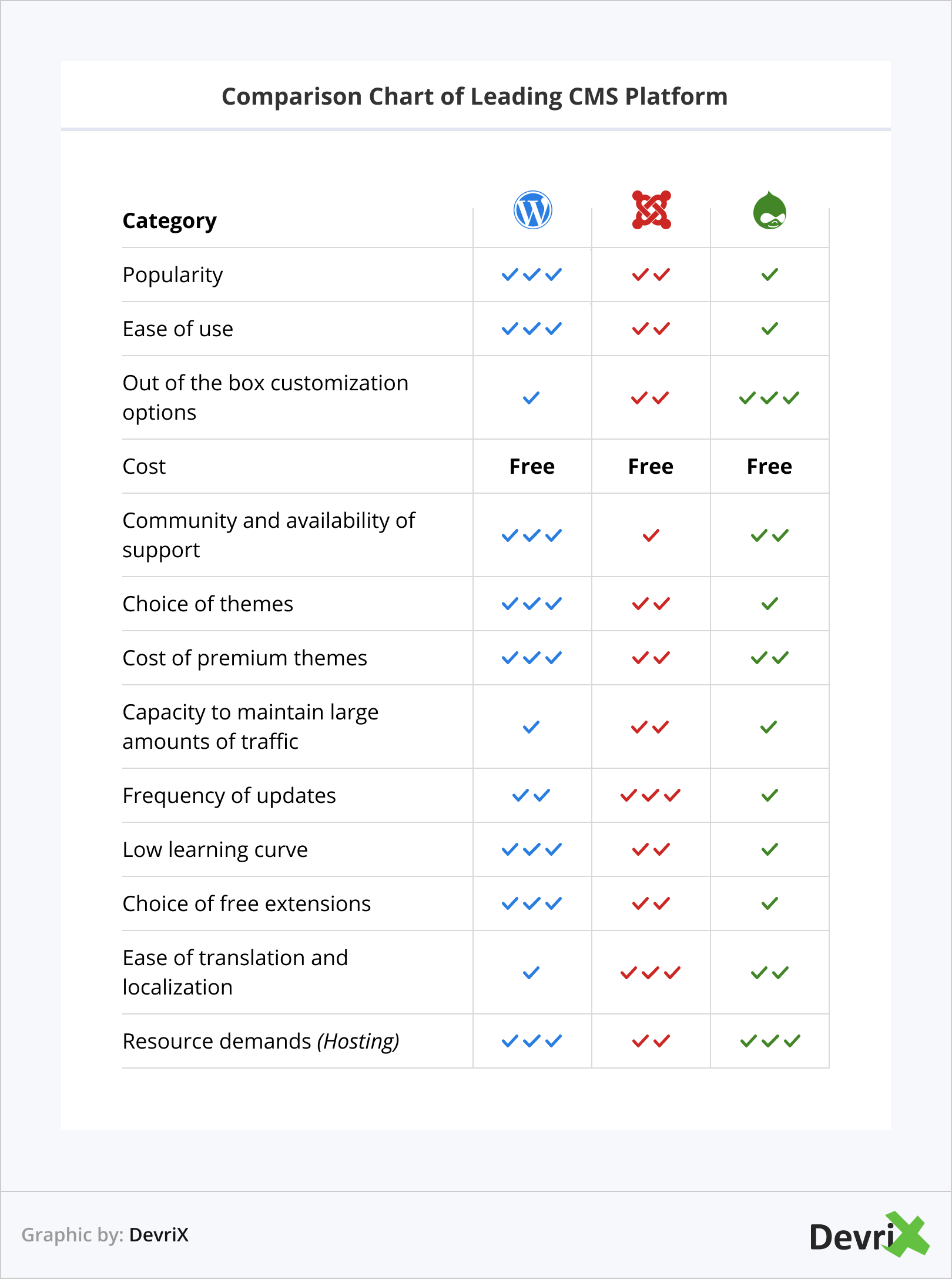
When you are selecting the best CMS for eCommerce business enterprises, it is always important to consider the needs of your organization. The platform must have the capacity to perform for you to fulfill your demands. Characterizing your requirements will help you dispose of those CMS arrangements which are not a solid match for you. Setting your needs from the start will permit you to settle on that best decision.
A few organizations wind up by recognizing a few necessities which are accessible in almost all the CMS solutions. For example, let’s say the content you publish on your website is not that extensive and in-depth. If that’s the case, you may get away with editing it yourself with a CMS feature like Yoast SEO (for WordPress users) instead of hiring a professional to do it for you.
There are many factors to consider before choosing an eCommerce CMS for your business website. While it can save you time and money in the long run, it is important to make sure that the platform you select meets the specific needs of your company. To aid in your decision-making process, be sure to check off the following criteria.
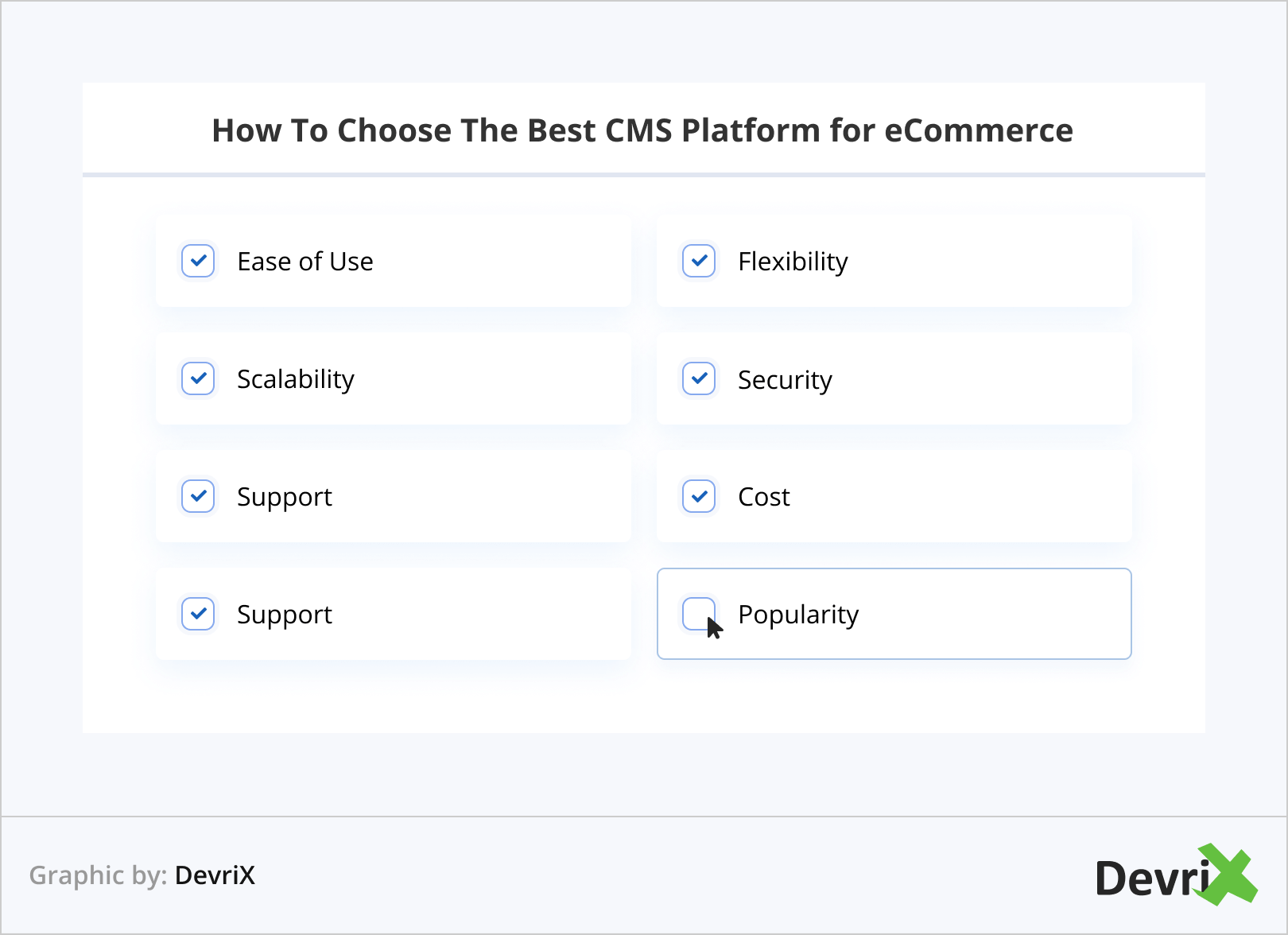
Ease of Use
One of the main reasons to switch to an eCommerce CMS is to save time on website maintenance and management. Therefore, it is essential that the platform you select is user-friendly and easy to navigate. Look for a system with a drag-and-drop interface that requires no coding knowledge.
Flexibility
As your business grows, your website will need to adapt to accommodate new products, services, and features. Ensure that the eCommerce CMS you select is flexible enough to grow with your business.
Scalability
In addition to flexibility, scalability is an important factor to consider when choosing an eCommerce CMS. As your business expands, you will need a platform that can accommodate an increase in transactions and traffic.
Security and Customer Support
When it comes to eCommerce, safety is paramount. Make sure that the CMS you select has robust security features in place to protect your website and your customers’ data. Also, whenever you encounter an issue with your website, it is important to have access to quality support. Be sure to select an eCommerce CMS that offers 24/7 customer support.
Cost
While the cost of an eCommerce CMS should not be the deciding factor, it is important to consider your budget when making your selection. Be sure to compare the features and pricing of several CMS platforms before making your final decision.
Responsive design
These days, it’s estimated that 92.1% of internet users access the Web from mobile devices. And that number is only going to increase in the years to come. So if you’re running an eCommerce store, it’s absolutely essential that your site is mobile-friendly. Customers expect a great user experience when they’re shopping on their phone or tablet, and if your site isn’t up to par, they’ll simply take their business elsewhere.
Popularity
When you’re choosing an eCommerce platform, it’s important to consider its popularity. A popular platform is more likely to be supported by a large community of developers, which can be extremely helpful if you ever encounter any issues with your site. Furthermore, a popular platform is also likely to offer a wider range of plugins and integrations.
By taking the time to consider each of these criteria, you can be sure to select the best eCommerce CMS for your business website.
How Does Your Choice of CMS Affect Your eCommerce Business?
Now, let’s see how the choice of content management system can impact your eCommerce business.
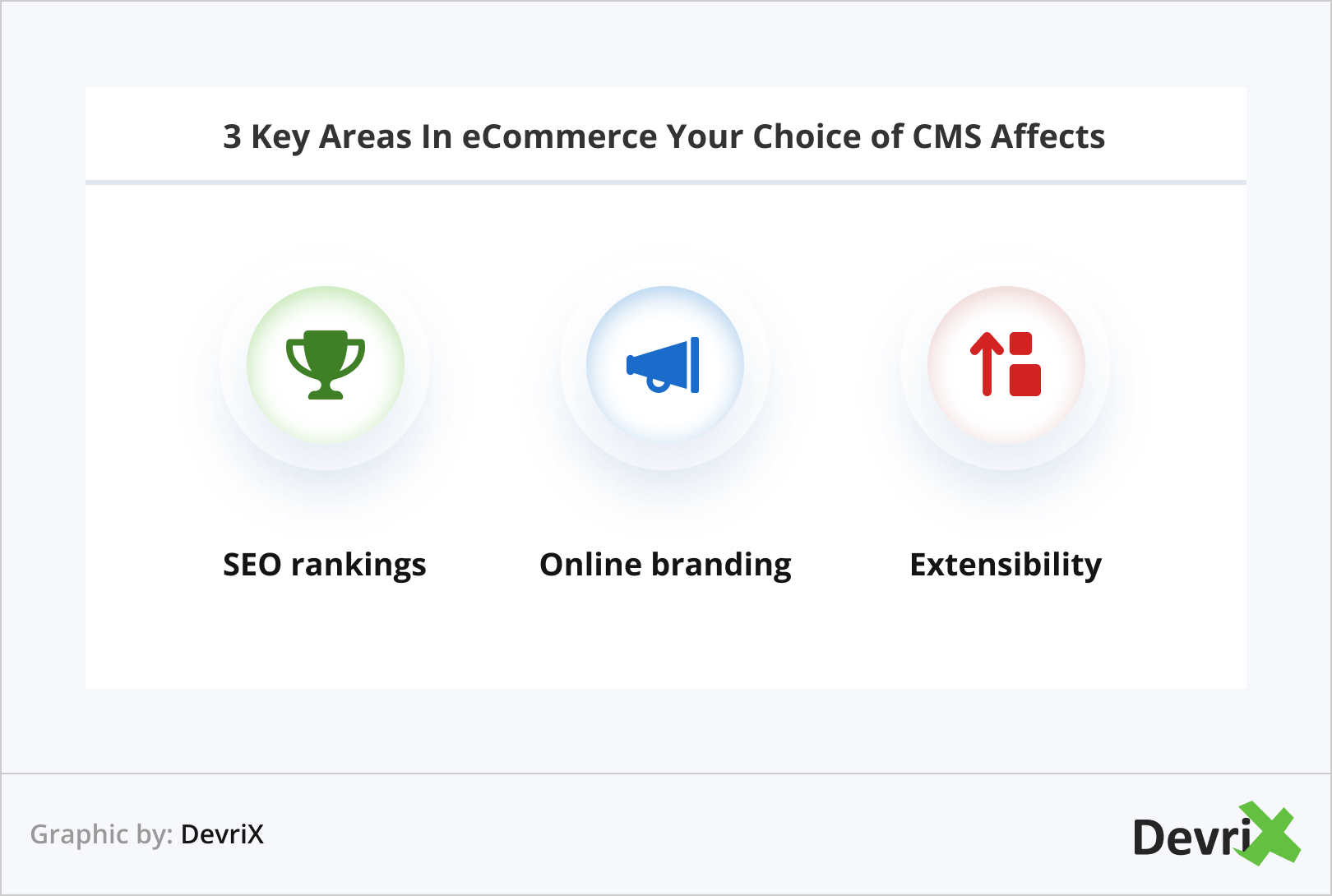
Impact on Search Engine Optimization
SEO is largely about great content, correct? So implementing a content management system will be a major help to your Search Engine Optimization efforts since it will help you make interesting and fresh content.
Choosing the right content management system can be a big help to SEO endeavors. However, it can also be a disaster in light of the fact that numerous CMS platforms are not search-engine friendly. They were not designed with SEO in mind. Content produced by this sort of CMS, face some issues including:
- Awful Meta Tags: Web search tools use meta tags to understand what a page is about. Numerous content management platforms do not permit users to assign a relevant title, unique description meta tags to its content. These are very important to help search engines find your pages.
- Poor URLs: If you want to rank well, it is very important for you to create keyword rich URLs. Many content management systems do not give you the chance to create URLs that incorporate keywords.
- Poor Design: If a web page has the look and feel you need, does the code matter? In a word, yes! Search engines cannot see the page, so all they need to go on is the code. It is conceivable through practices like semantic markup and CSS based format and route to make pages that web search tools can easily understand.
To truly benefit as much as possible from your content in achieving better rankings, the users of your CMS should effortlessly have the capacity to optimize content as they make it. For this, you require a content management system that permits non-specialized users to effectively specify title tags, keyword rich URLs, image alt, description and so on.
Impact on Online Branding
An absence of brand consistency in terms of content can eventually disappoint your target audience. However, your CMS can take the challenge to keep your branding consistent.
Your marketing team can utilize a CMS to set and store brand standards and rules. By utilizing your content management system as a hub for marking rules, you can make it simple for your users to reference standards and rules.
Your marketing team can arrange multi-channel campaigns, for example, RSS, leaflets, dynamic content and so on.
- Make A Writing Guide: Each brand has its own built up voice and its own identity. By making a composition guide, the greater part of your supporters can hold fast to your brand’s style over every online platform.
Note: Create this guide as a report and save it inside the CMS. It will be available for the users as a writing reference. - Make a Graphical Guide: It is similarly critical to keep up brand consistency with graphics as it is to keep up consistency with articles. Furthermore, much the same as articles, a guide can be made and put away inside your CMS for reference.
- Implement A Workflow: An extraordinary approach to maintaining content for online branding is to outline and execute a distributed work process that is managed by CMS. A distributed work process will guarantee that your content is available for the right individuals. It also ensures that, before being published, the content is edited accurately for online branding consistency.
Impact on Extensibility
Your Content Management System will support your expansion. Most CMSs can extend their functionality beyond default capacities, normally by purchasing modules or plugins.
It seems difficult. However, it can be accomplished by following the basics. You must have a strong focus on the followings while you design your framework:
- Make Progress toward Particular Outline: Always code to interfaces, support composition over legacy and so on.
- Write Unit Tests: This is imperative as the test will guide you towards poorly coupled design.
- Avoid an Excessive Amount Over Designing: Undesirable features won’t just waste time and cash. yet will likewise make it hard to roll out future improvements. Try not to do a lot of forthright design and build components in small iterations. Use unit tests and refactor when you need.
Bottom Line
The most critical thing to consider while picking an eCommerce CMS is the amount of time you are set up to spend creating and looking after it. WordPress is ideal for growth-hacking and will be a flawless fit for beginners. Choose a CMS according to your needs to enjoy the positive impacts of content management systems on your eCommerce Business.
